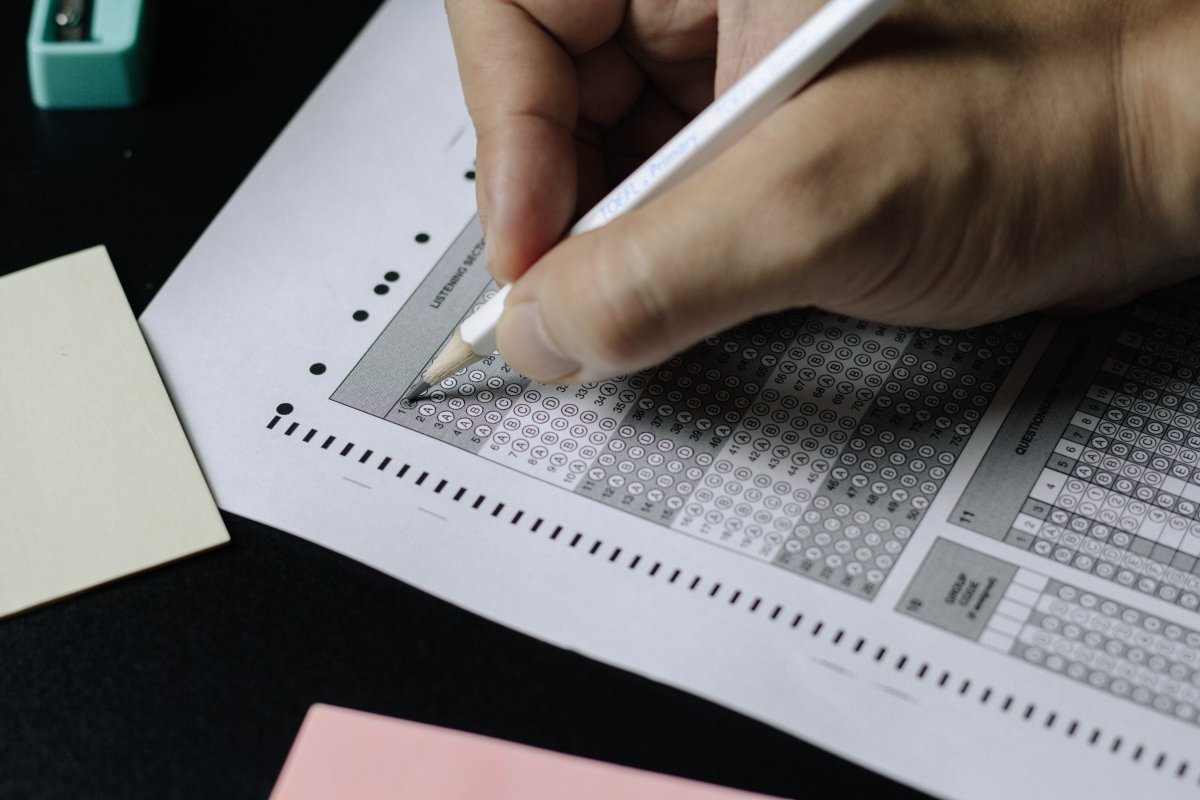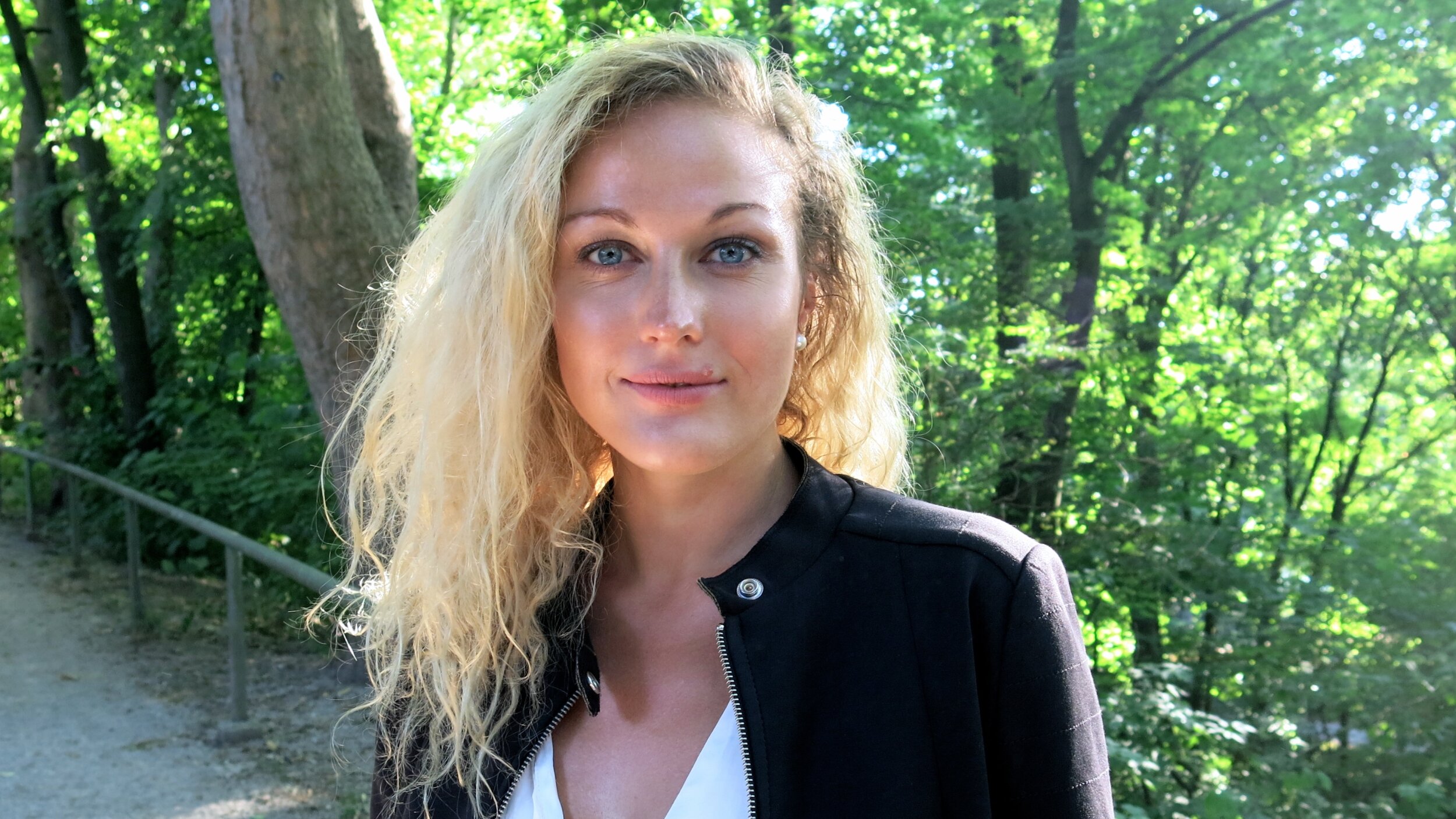IELTS: Proven Strategies to Score Between 6.0 and 8.0
Yana Immis
IELTS: Proven Strategies to Score Between 6.0 and 8.0
Scoring between 6.0 and 8.0 in the IELTS exam is a big deal. It shows that you have a strong grasp of the English language.
Succeeding in the IELTS test (Academic) opens up exciting opportunities for studying & working in another country.
If you consider general immigration, then you need to check out the General IELTS test (to move to another country).
The IELTS exam evaluates your skills in four areas: Listening, Reading, Writing, and Speaking. To achieve those high scores, you need the right strategies and techniques. There are a few strategies to apply to make sure you crack the IELTS test.
Let's start! In this article, I will provide you with proven strategies to help you master the IELTS and achieve your desired scores.
Understanding the IELTS Exam
Before diving into the strategies, it's essential to understand the structure and scoring system of the IELTS exam.
The test comprises four sections, each assessing different language skills:
Listening (Academic & General)
Speaking (Academic & General)
Reading (Big difference)
Writing (Big difference)
The IELTS exam uses a band scale from 1 to 9 to assess your performance (9 is the highest). The band descriptors outline the specific skills and competencies demonstrated at each score level.
Setting IELTS Score Targets and Goals
Setting realistic score targets is crucial for effective preparation. Assess your current English proficiency level by taking a practice test or seeking guidance from a language expert. Identify your strengths and weaknesses in each section to allocate your study efforts effectively. By establishing clear goals, you can track your progress and stay motivated throughout your preparation journey.
Developing an IELTS Study Plan
Creating a structured study plan is essential to make the most of your preparation time.
Design a schedule that accommodates all four sections of the exam, allowing ample time for practice and review.
Allocate more time to areas where you need improvement. Incorporate regular practice tests and mock exams to familiarize yourself with the test format and identify areas that require further attention.
Consider seeking guidance from IELTS tutors or utilizing reputable preparation resources to enhance your study plan.
Enhancing IELTS Listening Skills
The Listening section requires active listening and quick thinking.
Develop your listening skills by engaging in regular practice sessions.
Familiarize yourself with different English accents by listening to various audio materials, such as podcasts, movies, and news broadcasts.
Develop effective note-taking techniques to capture essential information during the test.
Practice with sample listening exercises and past papers to improve your comprehension and time management skills.
Improving IELTS Reading Comprehension
The Reading section assesses your ability to understand and interpret written texts.
Enhance your reading comprehension by employing skimming and scanning techniques to locate information quickly.
Build your vocabulary and understand contextual clues to grasp the meaning of unfamiliar words.
Develop strategies to tackle different question types, such as multiple-choice, matching, and true/false/not given.
Practice time management during reading tasks to ensure you can complete the section within the allocated time.
Excelling in the IELTS Writing Section
The Writing section evaluates your ability to convey ideas effectively and coherently.
Understand the task requirements for both Task 1 (Academic/General Training) and Task 2
Practice structuring and organizing your essay appropriately.
Develop a range of vocabulary and learn cohesive linking phrases to enhance your writing.
Review and edit your essays for grammatical accuracy, coherence, and clarity.
Seek feedback from teachers or experienced IELTS instructors to improve your writing skills.
Mastering the IELTS Speaking Test
The Speaking section assesses your ability to communicate orally in English.
Familiarize yourself with the test format and assessment criteria to understand what examiners are looking for.
Practice speaking fluently and confidently by engaging in conversations with native speakers or fellow test-takers.
Expand your range of vocabulary and expressions to convey your thoughts effectively.
Consider participating in mock speaking sessions or finding conversation partners to gain confidence and refine your speaking skills.
IELTS Test-Taking Strategies and Tips
In addition to mastering the content, it's crucial to employ effective test-taking strategies during the exam. Time management is key, so practice allocating the appropriate amount of time to each section.
Read the questions carefully, ensuring you understand the instructions and requirements.
Use elimination methods to narrow down options for multiple-choice questions.
When faced with unknown answers, make educated guesses based on context and your understanding of the question.
These strategies can help maximize your score even when faced with challenging questions.
Utilizing Official IELTS Resources
The official IELTS website provides a wealth of resources to support your preparation.
Make sure to check the article about cracking the 7 IELTS here.
Access the official IELTS practice materials and sample tests to familiarize yourself with the exam format and question types.
Review the answer keys and model responses to gain insights into the expected level of performance.
Additionally, take advantage of online resources and apps specifically designed for IELTS preparation. These resources can provide additional practice opportunities and offer valuable tips and strategies.
Overcoming IELTS Test Anxiety and Building Confidence.
Don't let test anxiety hold you back! It's crucial to find effective ways to manage it and perform at your best. Here are some simple techniques that can help:
Relaxation Techniques: Take deep breaths and practice meditation to calm your mind before and during the exam. These techniques can help reduce stress and anxiety, allowing you to focus better.
Mindfulness and Positive Self-Talk: Practice being present in the moment and cultivate positive thoughts. Remind yourself of your capabilities and strengths. Replace negative self-talk with encouraging and uplifting statements.
Physical and Mental Well-being: Take care of yourself throughout your preparation. Get enough sleep, engage in regular exercise, and eat nutritious meals. A healthy body and mind contribute to improved concentration and overall well-being.
Nurture Confidence: Believe in yourself and your abilities. Visualize success and approach the exam with a positive mindset. Remember, confidence plays a vital role in your performance.
By implementing these strategies and taking care of your well-being, you can do it! I am sure you will be able to perform at your best on the IELTS exam.
Seeking Professional IELTS Help and Feedback
Sometimes, seeking professional help can greatly benefit your preparation. Consider enrolling in IELTS preparation courses or hiring a tutor who specializes in IELTS training. These professionals can guide you through the exam's intricacies, provide personalized feedback, and offer targeted strategies to address your weaknesses.
Additionally, participate in study groups or online forums. Find a supportive community where you can exchange tips, resources, and experiences with fellow test-takers.
IELTS 8.0 Score *BONUS*
Achieving a score of 8.0 on the IELTS exam is undoubtedly a high result. Only a few candidates are able to score a total of 8.0.
If you answer 36/40 questions in the Listening and Reading sections - you can do it! It's crucial to minimize errors in the Speaking and Writing sections.
Scoring an 8.0 requires significant effort in improving both your language skills and exam techniques. What you need: a solid grasp of English, strong vocabulary & grammar. On top of that, you also need to understand effective strategies for tackling the toughest aspects of each section.
So, what should you do?
Start by conducting a comprehensive assessment of your strengths and weaknesses. Take the time to carefully analyze your performance in each section. Identify the areas where you excel and those that require improvement. This self-awareness will guide your study plan and enable you to focus on the areas that need the most attention.
By understanding your strengths, you can leverage them to maximize your scores. Likewise, by pinpointing your weaknesses, you can dedicate extra time and effort to overcome them.
Remember, achieving a high score in the IELTS exam requires a targeted approach. So, invest time in this self-assessment process to set a solid foundation for your preparation journey.
Assess your current level of knowledge by taking practice tests. Seek feedback from experts. Follow a preparation plan.
IELTS Listening
Listening is a highly multitasking-oriented part of the IELTS exam. You read the questions, then listen and write down the answers.
Let's say you are currently scoring 6.0 or 7.0 in the Listening section. To reach 8.0, you need to practice listening daily. Set aside at least 15-20 minutes each day to focus on listening activities. Choose radio shows, podcasts, or even online audio materials.
As you listen, make an effort to actively engage with the material.
Take notes on key points, unfamiliar words, or important details.
Paraphrase what you hear. Start with short segments (2-3 minutes).
Write down your version of what you heard on paper or record it using a dictaphone.
Listen to the original segment again to check yourself.
Highlight new words and expressions.
Revisit them later to find translations, practice correct pronunciation
Find synonyms and antonyms, and create collocations with them.
During the actual IELTS exam:
The most challenging questions are at the end. Aiming for 8.0? Many questions are based on synonyms, which is why paraphrasing is crucial.
IELTS Reading
There are no unexpected tips here: you simply need to read as much as possible. All students preparing for IELTS will do the same.
Identify the question types that seem most challenging to you. As you progress from the first passage to the third, the test gradually becomes more difficult.
Many candidates struggle with the Yes/No/Not Given question type, especially when it comes to the Not Given option.
IELTS Writing
This is the part of the test where it is almost impossible to do without external assistance. Both writing tasks have well-defined rules. You need to: know exactly what each task requires; create an outline for your text at the sentence level; receive feedback.
At each stage, pay close attention to grammatical nuances, and the use of words and phrases for coherence (e.g., because, although)
Candidates with a score of 8.0 need to interlink their opinion with one of the authors.
Mastering the IELTS exam and scoring between 6.0 and 8.0 requires a combination of effective strategies, consistent practice, and dedication.
Your home assignment is to understand the exam structure, set realistic goals, and develop a study plan. Utilize test-taking strategies, take advantage of official IELTS resources, overcome test anxiety, and seek professional help when needed.
Remember, perseverance and persistence are the keys!
I am excited to speak to you when the time comes to discuss the Study Abroad opportunities according to your IELTS test result ;-)
















